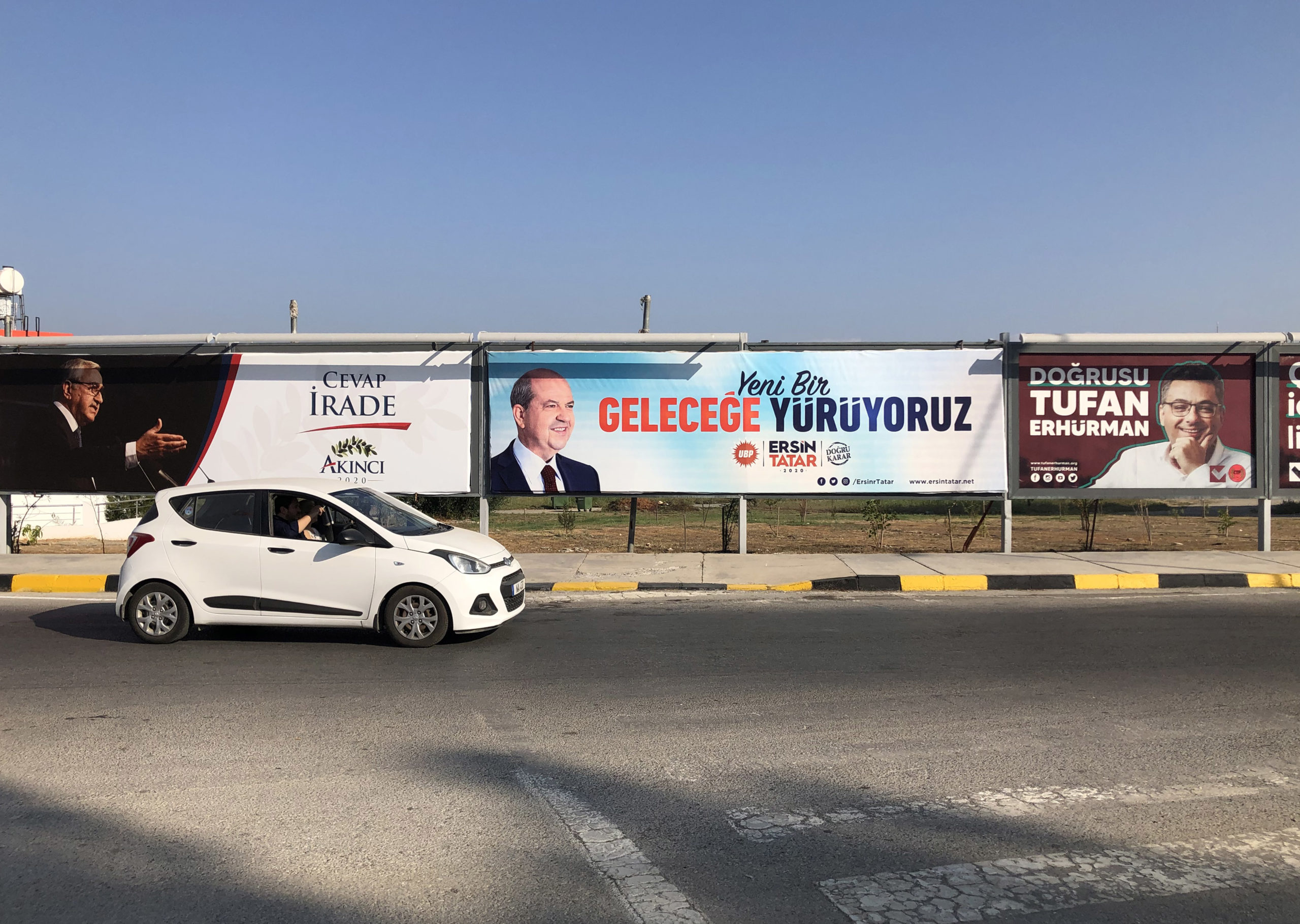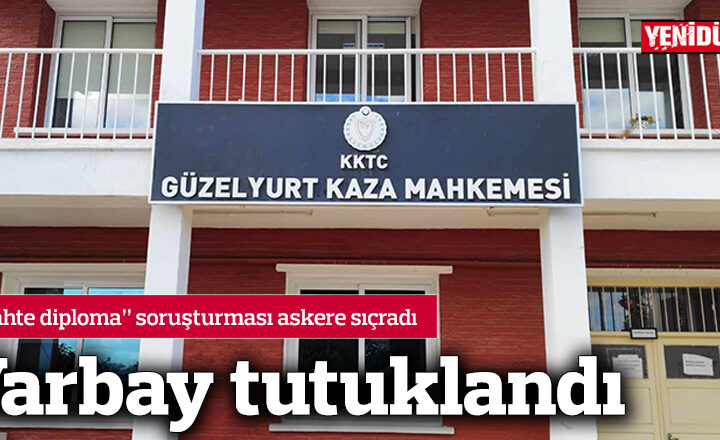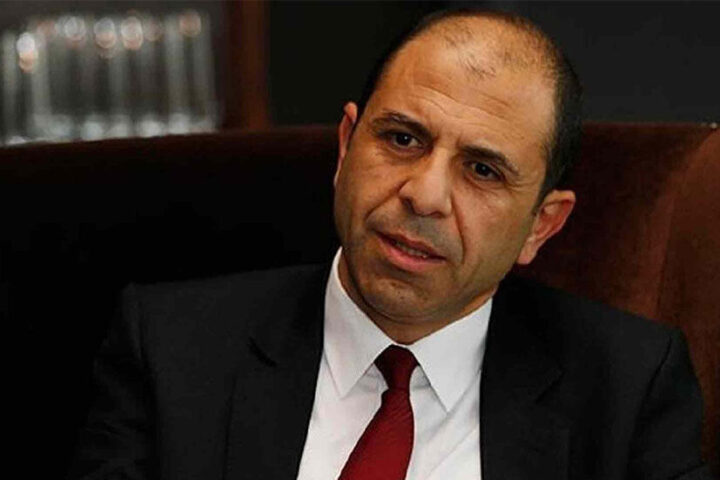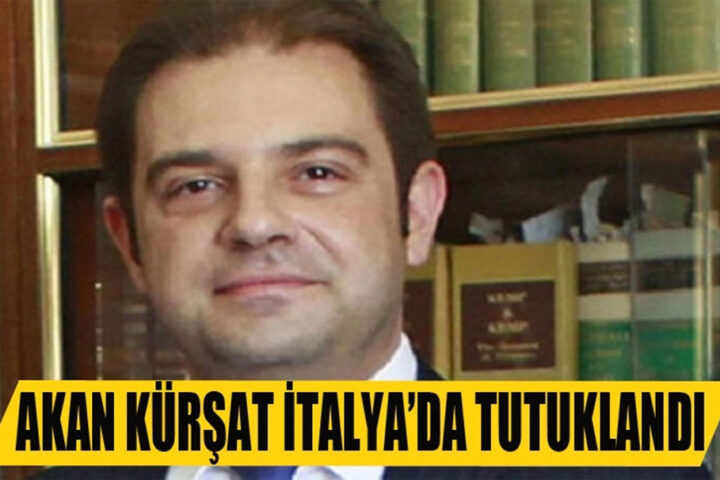Upcoming elections in the Turkish occupied north to elect the next Turkish Cypriot leader is turning into a referendum not only over the future of the Cyprus peace process but also relations with Ankara.
During a televised debate on Tuesday night, Incumbent Turkish Cypriot leader Mustafa Akinci took clear shots at Ankara’s interference with another two out of the six candidates also accusing Turkey of meddling in the elections.
The TV debate involved Akinci, left-wing politician Tufan Erhurman, centrist Serdar Denktash, the former Turkish Cypriot negotiator in peace talks Kudret Ozersay and extreme right-wing candidate Erhan Arikli.
Ruling coalition leader Ersin Tatar was absent from the debate as he was urgently called to visit Ankara.
Tatar met with the Turkish Vice President Fuat Oktay responsible for matters related to the Turkish Cypriot community.
They announced that Turkey would be giving some TL 117 mln (€11 mln) to the Turkish Cypriot administration to fend off financial difficulties inflected by the coronavirus outbreak.
Tarar and Oktay’s announcement was perceived as a clear intervention by the other election candidates and those taking to social media to condemn the move.
Rally Papageorgiou, a seasoned journalist covering the peace process told CyBC radio that Tatar wanted to send voters a clear message: “I am the one with the connections to Ankara and I am the one who delivers the cash”.
“Just two days earlier, the administration in the north had paid allowances promised to employees who were impacted by the outbreak.
The past few weeks have seen a public outcry over a decision of the ruling coalition to hire 500 new civil servants,” said Papageorgiou.
Even Arikli was forced to admit that Turkey should not be intervening in Turkish Cypriot matters, she noted.
Also commenting on the election for CyBC was Cyprus MEP Niyazi Kizilyurek who said the debate was evidence that the ballot is centred around what kind of relationship Turkish Cypriots want with Ankara.
“It is important to take note of Akinci’s statements at the debate. This is the first time a Turkish Cypriot leader outs Ankara for its interventions in the north and the elections.”
He said it is also worth noting centrist Serdar Denktash’s critical stance in the debate against Turkey’s meddling.
Kizilyurek said Akinci’s comments on the Cyprus problem needed to be given due attention as he talked about an informal meeting between the five sides involved in the Cyprus problem, that would be the two communities, the three guarantor powers, Greece Turkey and the UK.
“Akinci stressed that it is time for big decisions,” said Kizilyurek.
He said Akinci, Erhurman and Denktash appeared to be in favour of a federal solution.
“All three said that there is no other option on the table.”
Their arguments are in contrast to Turkey which seems to be pushing for a “two-state solution”.
Kizilyurek said while at the international level Turkey presents itself as a champion of a federal solution, its support for Ersin Tatar undermines this position.
“Turkey’s interventions have caused a lot of tension in the community and that is why Akinci has a large pool of supporters.”
“The bottom line is that when Turkey chooses to ignore Turkish Cypriots, then the community clings to its Turkish Cypriot identity and kicks back,” Kizilyurek said.










